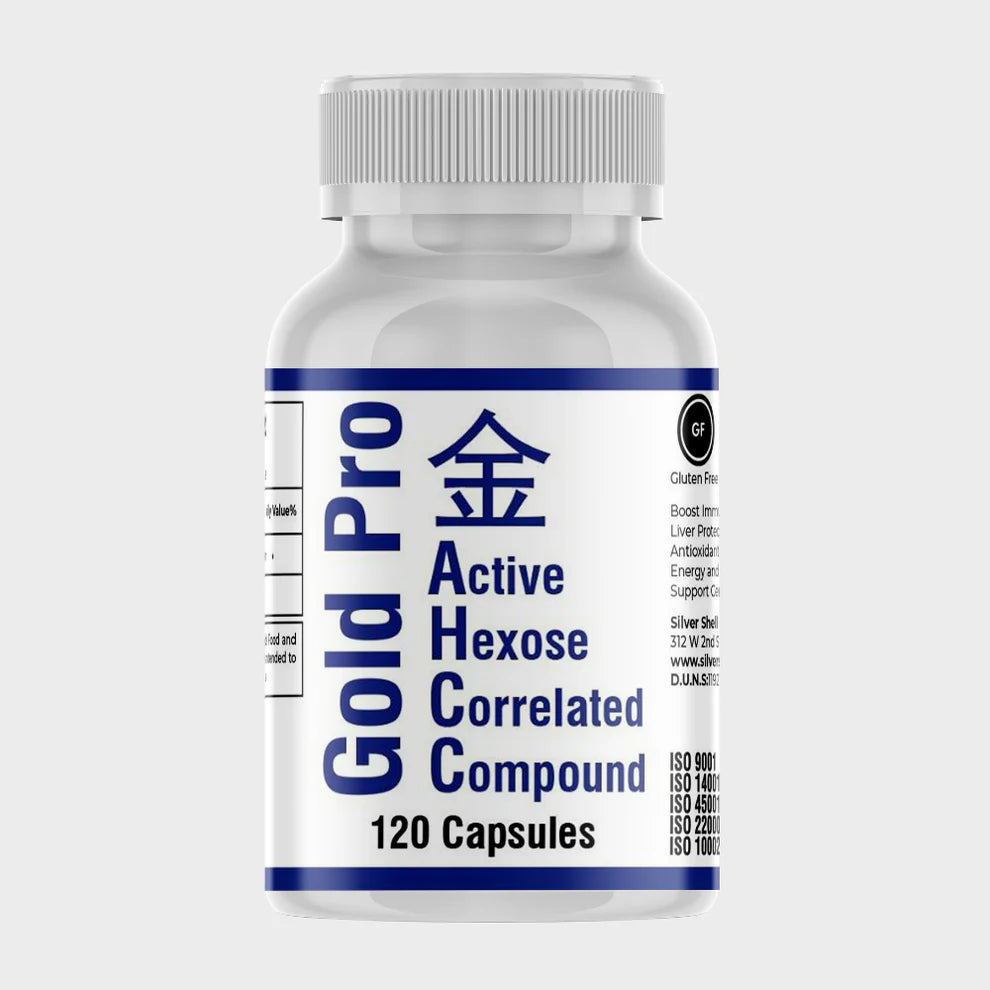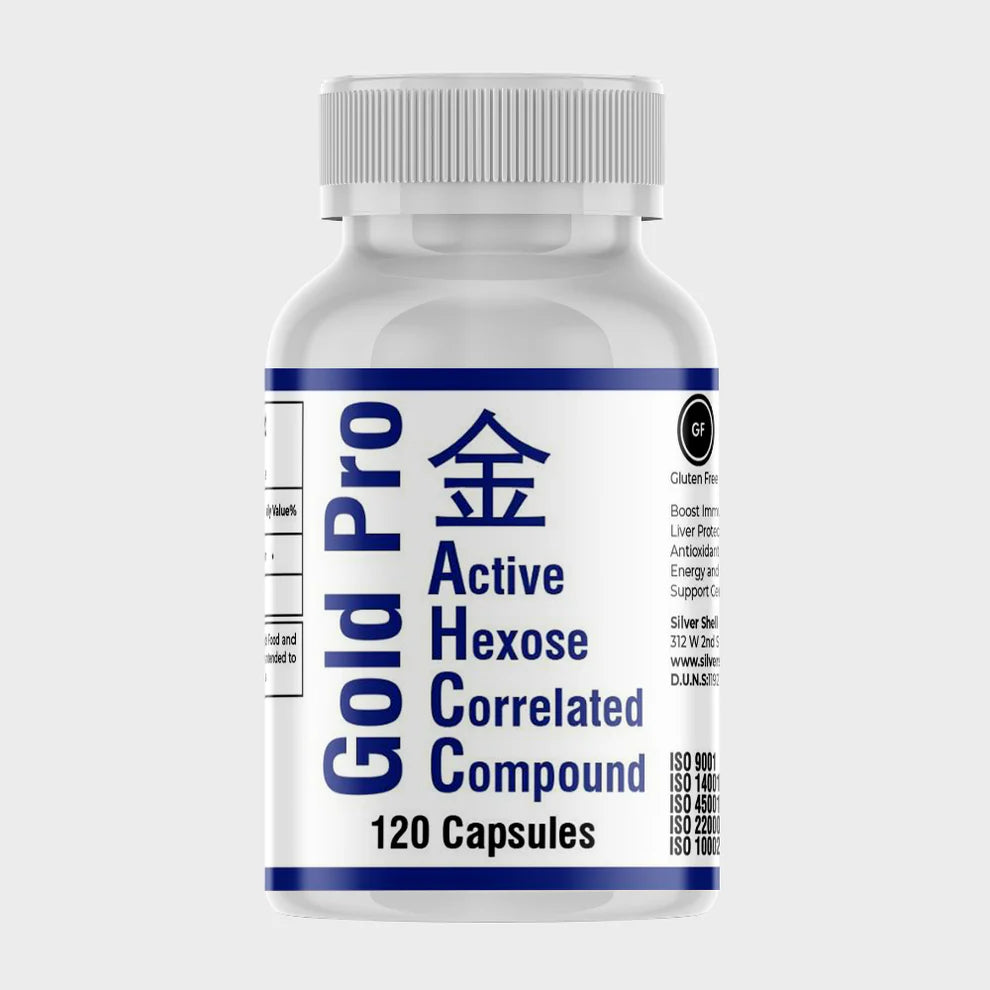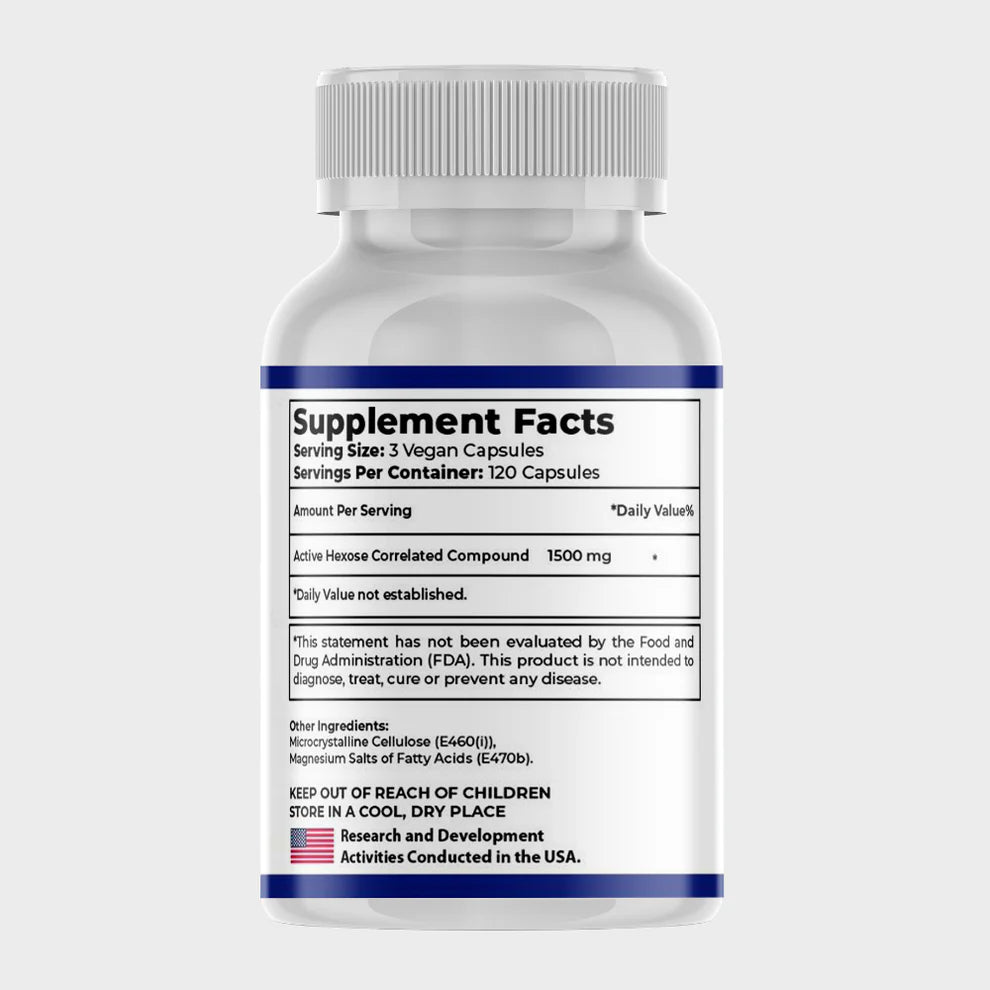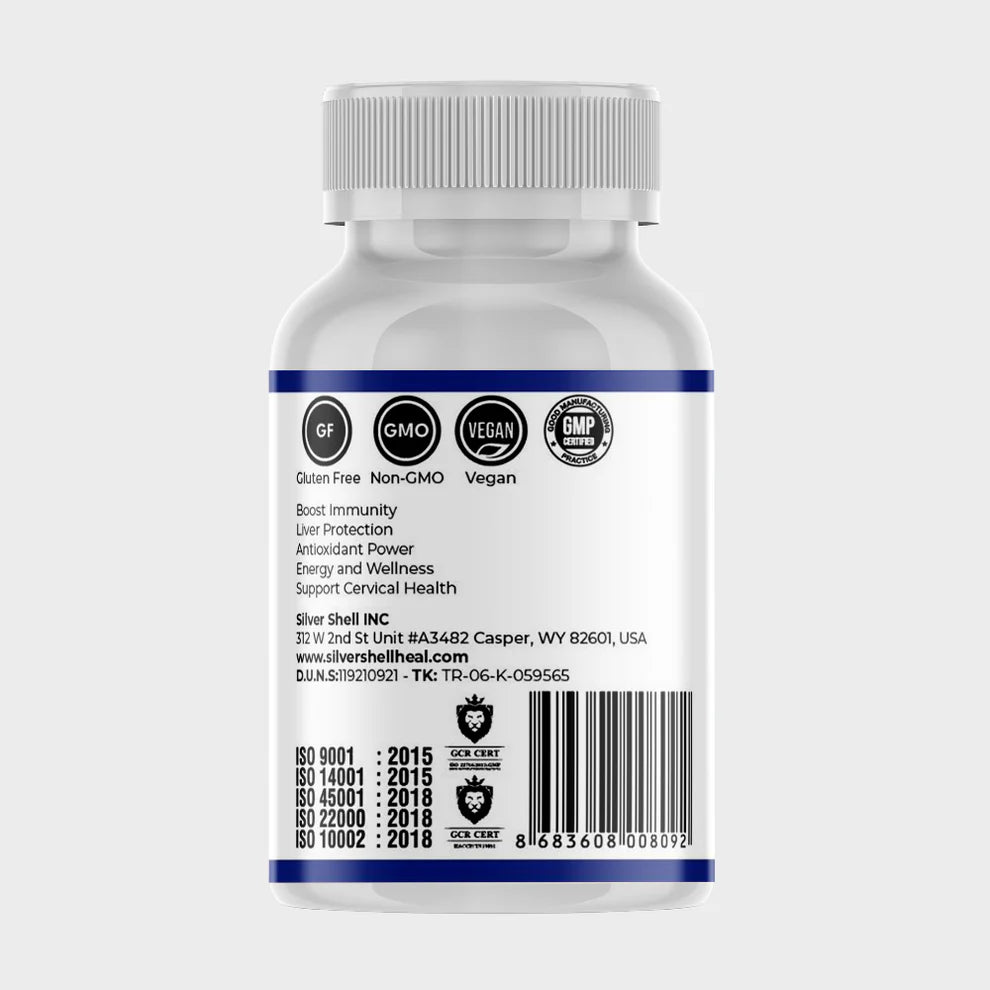Scheduling a Pap smear can be daunting due to its discomfort and the anxiety over potential abnormal results. If your appointment coincides with your period, you may wonder if it's still feasible. Here's what you need to know about how your menstrual cycle affects your Pap smear.
The Importance of Pap Smears
Despite being uncomfortable, Pap smears are critical for detecting cervical health issues early, primarily those caused by HPV. Regular screenings can identify cervical cell changes early, allowing for timely treatment. The frequency of these tests depends on factors such as your age, country, and HPV status.
Understanding Pap Smears
A Pap smear, introduced by pathologist George Papanicolaou in 1949, screens for abnormal cervical cells that may develop into serious conditions. Younger women are more likely to have abnormal results, with about 10% of women aged 20-29 experiencing abnormal tests compared to 1.6% of those aged 60-69. Most abnormalities in younger women resolve without complications.
Menstrual Cycle and Pap Smears
Ideally, Pap smears are performed when you're not menstruating, as blood can obscure cervical cells, making lab analysis difficult. However, you don't necessarily need to reschedule if you're on your period. Consider the following factors:
-
Flow Intensity: Light bleeding might not interfere with the test, allowing clear visibility of cervical cells.
-
Period Stage: Tests during the beginning or end of your period, when flow is lighter, are often possible.
- Pap Smear Type: Modern liquid-based cytology methods can filter out blood, providing a clearer sample.
Discussing with Your Healthcare Provider
It's crucial to talk to your doctor about your menstrual cycle. Here are some discussion points:
-
Flow and Timing: Share details about your period's intensity and stage to determine if the test should proceed.
-
Alternative Options: If the test isn't urgent, consider waiting until your period ends for more accurate results.
- Personal Comfort: Express any discomfort about having a Pap smear during your period. Your provider can offer solutions and address anxieties.
Preparing for Your Pap Smear
If you decide to proceed with the test during your period, follow these steps for accurate results:
-
Avoid Intercourse: Refrain from sexual activity 24-48 hours before your appointment to prevent contamination of the sample.
-
Skip Vaginal Products: Avoid tampons, creams, suppositories, or douches 48 hours before the test to prevent interference.
-
Maintain Normal Hygiene: Clean your genital area with mild soap and water but avoid harsh products.
-
Wear Comfortable Clothing: Choose easy-to-remove clothing to stay comfortable during the procedure.
-
Communicate with Your Provider: Inform your doctor about your period to allow for any necessary adjustments.
-
Relax and Breathe: Stay calm and breathe deeply during the procedure to minimize discomfort.
-
Bring a Pad or Liners: Be prepared for possible spotting after the test.
-
Reschedule if Necessary: If you feel uncomfortable or have heavy bleeding, don't hesitate to reschedule for more accurate results.
Additional Tips
-
Hydrate and Eat Lightly: Staying hydrated and eating lightly can improve comfort.
-
Ask Questions: Address any concerns with your healthcare provider to reduce anxiety.
- Follow Up: Ensure the sample was adequate and doesn't need repeating.
Importance of Regular Pap Smears
Regular screenings are vital for cervical health, providing early detection and prevention of severe conditions. They also offer a chance to discuss other reproductive health concerns with your provider.
Key Reasons for Regular Pap Smears:
-
Early Detection: Identifies abnormal cells early, improving treatment outcomes.
-
Prevention: Prevents severe conditions by treating abnormal cells early.
- Overall Health: Ensures comprehensive reproductive health monitoring.
Addressing Common Concerns
-
Impact of Menstrual Blood: Light bleeding may not affect results significantly, but heavy bleeding could.
-
Embarrassment: Healthcare providers are accustomed to menstruation and will ensure your comfort.
-
Frequency of Tests: Generally recommended every three years for women aged 21-29 and every five years for women aged 30-65 if combined with HPV testing.
- Discomfort: While potentially uncomfortable, understanding the procedure can help alleviate anxiety.
Conclusion
Scheduling a Pap smear during your period is feasible with proper communication and preparation. Regular Pap smears are essential for maintaining cervical health, enabling early detection and effective treatment of potential issues. Prioritize your health by staying informed and proactive about screenings.






